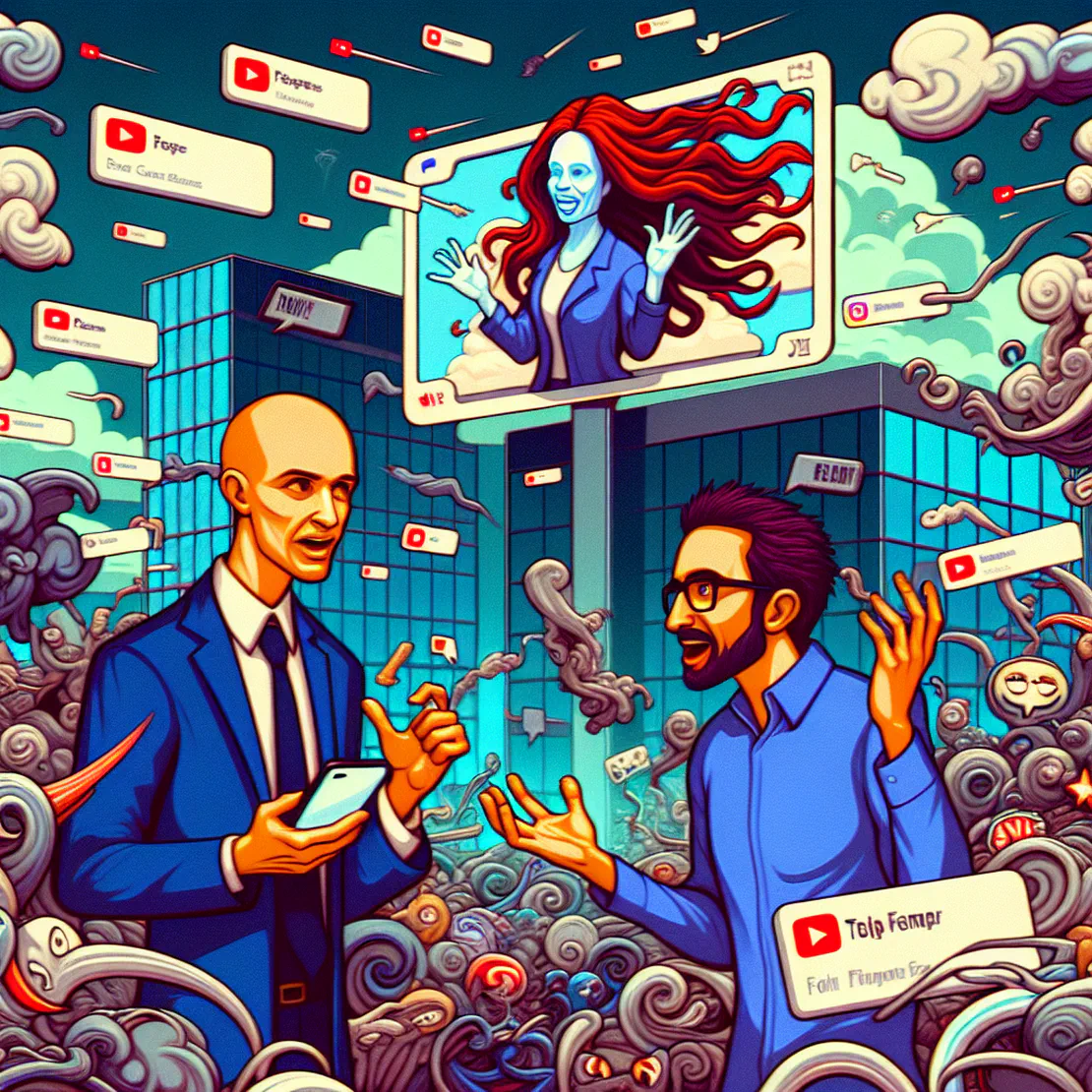
#847 - Derek Sivers - The Unstoppable Power Of Reframing Your Experiences
- Modern Wisdom
- Business , Philosophy , Entrepreneurship
- October 5, 2024
Table of Contents
At a Glance
-
Focus on Output Over Input - ‘All that matters is the output. It doesn’t matter your intention, it doesn’t matter your background, it doesn’t matter the hours.’ This point stresses the practical approach of valuing achievements over the mental or emotional struggles involved, which can be a significant mindset shift for type A personalities.
-
Usefulness of Stories - ‘Stories are useful even though they’re not true. You can tell a great story of how much effort you put into this.’ This highlights the power of narrative in adding value and meaning to our actions, regardless of the factual accuracy.
-
Self-Perception and Public Change - ‘We are what we pretend to be, so we must be careful about what we pretend to be.’ Reflects on the impact of outward identities and the complexities of evolving publicly, particularly when others hold you to your past self.
-
Humorous Insight on Accents - ‘I just love your accent. - We don’t have an accent, you do.’ A light-hearted reminder of the relativity of ’normal’ and how everyone views themselves as the default.
-
Reflection on Digital Minimalism - ‘I type every open bracket every HTML tag… I don’t even use markdown that converts it into HTML.’ Derek Sivers talks about his extreme approach to coding, which underscores his philosophy against digital pollution—a serious point made with a touch of humor due to its extremity.
-
Silver vs. Bronze Medalist Mindset - ‘The silver medalist can’t help but think, oh, if I was milliseconds faster, I could have been the gold medalist.’ This comparison offers a deep insight into how our happiness can be influenced more by our perspective than by our actual achievements.
-
Brain Confabulation - ‘Anytime you’ve ever told yourself why you did something, it’s very likely not the real reason.’ A serious scientific observation about human psychology that challenges our understanding of self-awareness and decision-making.
-
Utility Over Truth in Beliefs - ‘I choose beliefs because they’re useful, not because they’re necessarily true.’ Derek Sivers discusses the strategic adoption of beliefs not for their factual correctness but for their practical benefits, emphasizing a pragmatic approach to navigating life and business.
What to Do
-
‘Look at the top-rated critical review’ - ‘This approach avoids bias by not just focusing on the positive aspects of a book, which can give a more rounded understanding and perhaps highlight potential flaws or areas of critique that might be more aligned with your needs or concerns.’
-
‘Hire a journalist or lawyer to push back on ideas’ - ‘This strategy ensures that your ideas are robust and can withstand scrutiny, which is crucial for developing well-thought-out concepts, especially in fields like writing or any creative and analytical endeavors.’
-
‘Reframing your perspective’ - ‘This helps in stripping away unnecessary ceremony, habits, and norms to focus on the essence of what you’re trying to achieve or understand. It opens up new ways of thinking about a situation, leading to potentially innovative solutions.’
-
‘Think critically about norms and common practices’ - ‘Questioning the standard way of doing things can reveal underlying assumptions and lead to more effective or efficient methods. It encourages a deeper understanding of the purpose behind actions.’
-
‘Recognize the fallibility of first impressions’ - ‘Understanding that our initial perceptions can be flawed or biased helps maintain a more open and adaptable mindset, which is crucial for personal growth and accurate understanding of complex situations.’
What to Get
-
Hell Yeah or No: what’s worth doing by Derek Sivers - Amazon
-
The Essays: A Selection by Michel de Montaigne - Amazon - Mentioned for its philosophical content and the approach of questioning knowledge.
-
The Order of Time by Carlo Rovelli - Amazon - Discussed in the context of understanding concepts of time.
-
Claude.ai or chatgpt.com tools - Used to generate different perspectives or ways of thinking about a topic.
-
A rubber duck - Placed on a computer monitor as a tool for problem-solving or debugging code by explaining issues to it.
Summary
In this thought-provoking podcast episode, Derek Sivers, an esteemed entrepreneur, author, and speaker, delves into the essence of how our perceptions shape our reality, emphasizing the concept of “useful, not true.” He articulates that people often bond over shared perspectives rather than mere facts, highlighting the subjective nature of human experience. Sivers’ discussion revolves around the power of reframing our views to enhance decision-making and overall life satisfaction.
Throughout the episode, Sivers explores the significance of focusing on outputs rather than being overly concerned with the inputs or processes that lead to results. He challenges the listener to consider the utility of beliefs and narratives, even if they are not entirely accurate, suggesting that the stories we tell ourselves and others can serve practical purposes and influence our achievements and interactions.
A particularly engaging part of the conversation includes Sivers’ reflections on the social dynamics of changing one’s beliefs or publicly contradicting oneself. He points out the societal pressures to remain consistent and the potential backlash one might face when evolving publicly, which he connects to broader themes of identity and authenticity.
Moreover, Sivers and the host discuss the importance of not rushing to immediate reactions or judgments. They propose that taking time to think things through can lead to more thoughtful and less impulsive responses, which is beneficial in both personal growth and social interactions.
In summary, this episode offers deep insights into how our perceptions and the narratives we construct influence our actions and interactions. Derek Sivers provides compelling arguments on the importance of flexibility in thinking and the potential benefits of reevaluating commonly held truths. The discussion is a fascinating blend of philosophical musings and practical advice, making it a valuable listen for anyone interested in personal development and the intricacies of human behavior.


